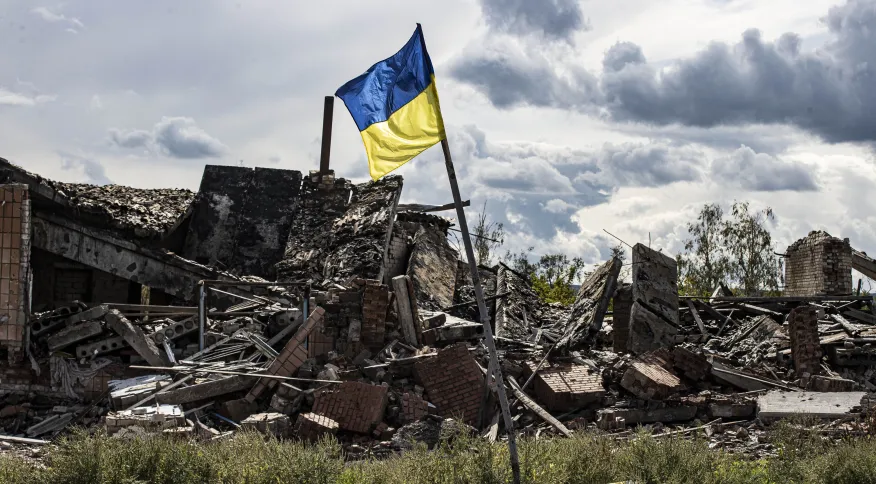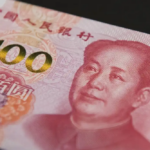
The president of Portugal, Marcelo Rebelo de Sousa, gave an excellent lesson in geopolitics to the journalists who interviewed him in Lisbon, face to face with Lula, when asked about the Brazilian president’s statements on the war in Ukraine. With the simplicity of a NATO member country, he didactically explained that international law prohibits a country from violating the territory of another country, as Russia is doing in relation to Ukraine.
Although he is absolutely right, and has posed as a “matter of principle” for the end of the conflict the withdrawal of Russian troops from the part of Ukraine that he invaded, he left questions that the journalists present left open. For example, why, as a “matter of principle”, did the United States, since becoming the hegemonic country on the planet, consider itself entitled to become the country that promoted the most wars in the world, violating international law?
Portugal is a small European country that has limited influence on the geopolitical scene. However, at one point, it has significant power. As a member of NATO, it could have explicitly positioned itself as opposed to Kiev’s intentions to join the Western alliance. Turkey “almost” did it. Any Alliance member country, regardless of its size, could have done so. Why were they so crazy as to provoke the Russians into invading Ukraine?
Now, the signs of an internal conflict in the bloc force us to view with sympathy, and with great discomfort, the position expressed by an extreme right-wing leader in Europe. Hungary’s Nazi Prime Minister, Viktor Orbán, Bolsonaro’s self-confessed “brother”, was the only one of the Alliance leaders who spoke out against accepting Kiev’s intentions to join the organization. At that point, he turned out to be an extremely level-headed leader!

Photo: Attila Kisbendek/AFP
Marcelo de Sousa, for his part, seems like a wise man. However, he did not manage to go much further than Lula’s proposals in his interview. He condemns war, but the ideas he has given for getting out of it are unconvincing and almost naive. Nobody stops a war as a “matter of principle”, as he wants. Wars are paralyzed as a question of power and strength. If the forces are equal, the war becomes infinite. Or, even worse, it escalates and, in the current world context, it can become an eschatological war.
To justify the reinforcement of Kiev’s military power, by NATO, as a “right” supported by UN norms, to defend Ukraine’s territorial integrity, is to ignore that the UN was never taken seriously by neither Washington nor Moscow, throughout of the Cold War. Why would it have to be taken seriously now, when we return to the context of the Cold War, the sole fault of the United States, in deciding to take NATO’s borders into Russia’s backyard, threatening it with hybrid wars?
Once empowered by NATO weapons, Kiev will feel emboldened to prolong the war until the last drop of its people’s blood. Russia is too strong to surrender. Therefore, the search for peace, as an imperative for the stability of the planet, depends on negotiations. But the first condition for this is not the withdrawal of Russian troops from Ukraine, but an irrevocable agreement accepted by NATO according to which Ukrainian territory will never be used as a base for attacking Moscow.

After that, yes, under the auspices of a group of countries trusted by both parties, they would sit down at the negotiating table to formulate the bases of a definitive peace. The Russian side would have to commit to accepting the internationally recognized limits of Ukraine, but Kiev should commit, for its part, not to repeat the violations of agreements similar to those of Minsk, signed after the annexation of Crimea by Russia, and which should protect the Russophiles of the East.
All this may be an illusion, but a thousand times an illusion of peace, which moves the world to a situation of normal international relations, than the unrealistic appeal to “principles” that block any way out of war. As for Lula’s entry into the theme, I justify it with a metaphor by John Donne, an English poet of the 16th and 17th centuries. It can be applied to Ukrainians suffering from the conflict. He wrote: “No man is an isolated island. Each man is part of a whole… If a clod is washed out to sea, Europe is diminished, as if it were your friend’s manor or your own. So don’t ask for whom the bell tolls. The bells toll for you!”
Join our WhatsApp group, clicking on this link
Join our Telegram channel, click this link
Source: https://www.diariodocentrodomundo.com.br/a-guerra-e-os-principios-por-j-carlos-de-assis/

